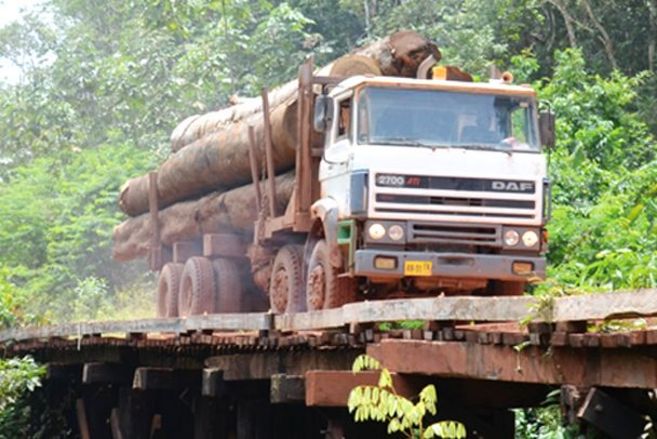Project
Clusterstatistics

Adjustment and updating of the structural data of the forestry and timber cluster
Based on official statistics on turnover, the number of enterprises and employment we investigate the economy of forestry and wood industry. The main objectives of our research is the quantification of the added value in forest and wood industry including their structural development.
Background and Objective
When regarding separately the relevance of German forestry for the whole economy is rather negligible. Yet, numerous subsequent industries are dependent on the allocation of raw wood. All industries based on wood and forest products constitutes the forestry and timber cluster. The studies carried out for Germany and German Federal States revealed not only the importance of wood based industries but also stimulated the development of new methods of how the structure of the cluster can be analysed and how the information gained can be made available for the politicians and policy makers.
Approach
Using data on turnover, employment and the number of enterprises annual reports on forestry and wood industry are prepared and published. These reports include not only text describing the main results but also tables and compilations containing the results for the whole federal territory as well as for the federal states.
Data and Methods
Our evaluations are based on statistics gathered by the Federal Statistical Office and by the Employment Agency.
Preliminary Results
The structural parameters of the forestry and wood industry cluster were analyzed for the period 2000 to 2017 at federal as well as at state level. The German wood based industry has generated a turnover of more than 184.0 billion euros in 2017. It comprised 121,900 enterprises and 1,081,015 employees. The highest contributions to these results came from publishing and printing sector (29.0%) followed by paper and pulp industry (23.7%). The added value along all branches of the cluster totalled in 2017 to 57.2 billion euros.
Thünen-Contact

Involved Thünen-Partners
Duration
Permanent task 1.2001
More Information
Project status:
ongoing
List of Publications
- 0
Becher G, Weimar H (2020) Branchen des Clusters entwickeln sich meist positiv. Holz Zentralbl 146(6):132-133
- 1
Becher G, Weimar H (2016) Cluster Forst und Holz: leicht rückläufige Entwicklung : aktuelle Berechnung für das Jahr 2013 und den Zeitraum 2000 bis 2013 der Clusterstatistik verdeutlicht die Trends der Branche. Holz Zentralbl 142(1):14-16
- 2
Becher G (2016) Clusterstatistik Forst und Holz : Tabellen für das Bundesgebiet und die Länder 2000 bis 2014. Braunschweig: Johann Heinrich von Thünen-Institut, 85 p, Thünen Working Paper 67, DOI:10.3220/WP1479976770000
- 3
Becher G (2015) Clusterstatistik Forst und Holz : Tabellen für das Bundesgebiet und die Länder 2000 bis 2013. Hamburg: Johann Heinrich von Thünen-Institut, 109 p, Thünen Working Paper 48, DOI:10.3220/WP1443683579000
- 4
Becher G (2014) Clusterstatistik Forst und Holz : Tabellen für das Bundesgebiet und die Länder 2000 bis 2012 . Hamburg: Johann Heinrich von Thünen-Institut, 105 p, Thünen Working Paper 32, DOI:10.3220/WP_32_2014



![[Translate to English:] Logo des Bundesministerium für Ernährung und Landwirtschaft](/media/allgemein/logos/BMEL_Logo.svg)